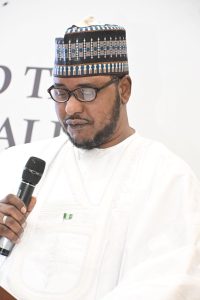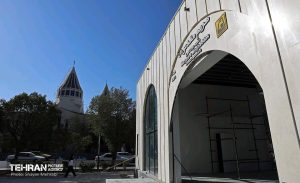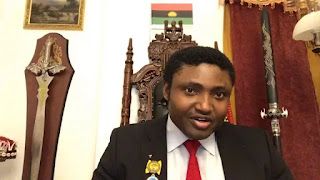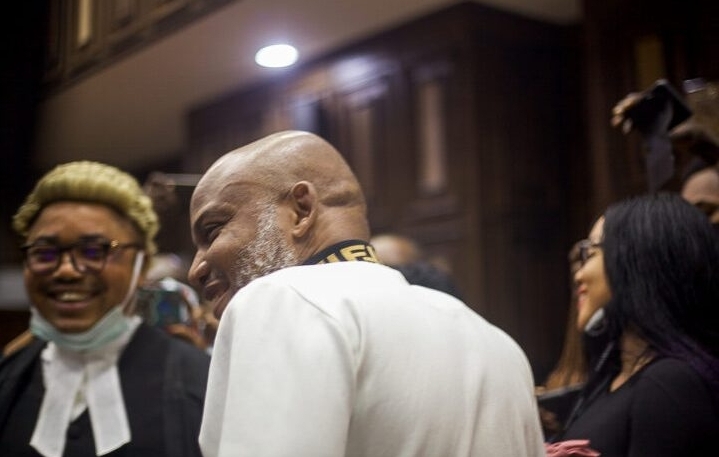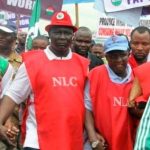A District Court in Finland has sentenced Simon Ekpa, the self-proclaimed leader of the Indigenous People of Biafra (IPOB) Government in Exile, to a six-year prison term for terrorism-related crimes.
Ekpa, a Finnish-Nigerian citizen, was arrested by Finnish authorities on November 21, 2024, following an extensive investigation by the Finnish National Bureau of Investigation (NBI). The probe focused on his alleged use of social media platforms to incite terrorism and promote violence. According to the Finnish authorities, these activities were a key driver of the severe unrest and violence in the southeastern regions of Nigeria.
READ: Why ‘Gentle the Yahoo’ Allegedly Executed the Three Igbo Boys, According to Report
The Päijät-Häme District Court, which had remanded Ekpa in custody since his arrest, found him guilty of “public incitement to commit a crime with terrorist intent.” The court determined that the offenses took place over a prolonged period, from August 2021 until his arrest in November 2024. As part of the investigation, the NBI also froze Ekpa’s assets, along with those of his associates and related companies.

Nigerian Government Hails the Verdict
The Nigerian federal government has greeted the verdict with profound relief and satisfaction. For years, Nigeria had accused Ekpa of being a central figure instigating violence in the Southeast, a region grappling with a simmering separatist movement. Nigerian authorities have repeatedly linked him to the enforcement of frequent and often violent “sit-at-home” orders, which have crippled economic activity, disrupted education, and led to numerous deaths and property destruction.
A senior government official, speaking on condition of anonymity, stated that the conviction validates Nigeria’s long-standing position that Ekpa’s actions were not those of a political activist but of a individual promoting terrorism from a foreign sanctuary. The Nigerian government is expected to formally commend the Finnish government for its cooperation in tackling cross-border incitement.
READ: Cybercrimes Act 2025: Nigerians Risk Life in Jail for Online Hate Speech, Jail Terms for Fake News
Extradition and Future Legal Battles
With Ekpa now convicted in Finland, attention in Nigeria is turning to the next step: potential extradition. Nigerian security and justice officials have indicated a strong desire to bring Ekpa back to Nigeria to face a litany of charges, including treasonable felony, murder, and terrorism, which carry far more severe penalties, including the possibility of life imprisonment.
An extradition process, however, would be a complex diplomatic and legal undertaking. Finland typically bars the extradition of its citizens to foreign countries. Any request from Nigeria would likely be subject to rigorous judicial scrutiny in Finnish courts, ensuring that Ekpa’s human rights would be protected and that he would not face the death penalty or torture if sent to Nigeria.
Simon Ekpa’s rise to prominence is inextricably linked to the fate of his predecessor, Nnamdi Kanu, the original leader of IPOB. Kanu was arrested and extraordinarily renditioned from Kenya to Nigeria in June 2021, facing similar charges of treason and terrorism. He has been in the custody of Nigeria’s State Security Service (SSS) ever since, with his trial proceeding at a slow pace amidst international concerns about the legality of his arrest and his treatment in detention.
Following Kanu’s incarceration, Ekpa, a former disciple, positioned himself as the natural successor and leader of the movement’s radical faction. He established a “Government in Exile” and intensified the campaign for a separate Biafran state, often employing rhetoric that was markedly more militant than Kanu’s. While Ekpa’s conviction deals a major blow to this faction, it remains to be seen how the broader separatist movement will respond and who will fill the power vacuum created by his imprisonment.
The six-year sentence in Finland is not the end of Simon Ekpa’s legal troubles; rather, it marks the beginning of a new, complex chapter that sits at the intersection of international law, diplomacy, and Nigeria’s enduring struggle with internal security.
Discover more from TOKTOK9JA MEDIA
Subscribe to get the latest posts sent to your email.

